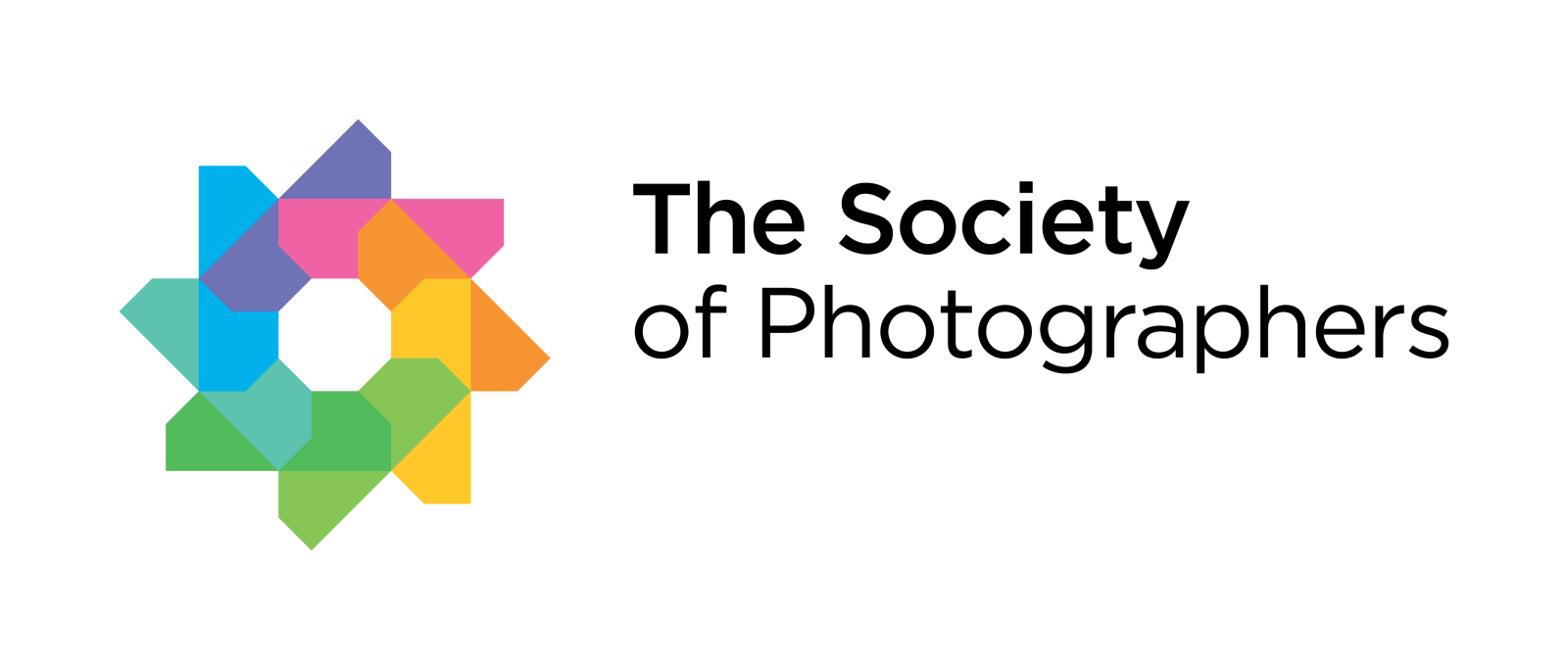Introducing a new reference practice for tripods and heads load capacity
Manfrotto and Gitzo delighted to announce game-changing payload compliance
- For the first time, there is now an official reference practice for payload definition– UNI/PdR 105:2021 – enabling customers to choose reliable photo and video supports with greater confidence.
- This new measuring protocol gives customers full transparency about payload measuring. By adopting a third party and independent certified process it standardizes the assessment, giving consumers a clearer reading that helps ensure maximum safety.
- The reference practice has been published by UNI (the independent non-profit, pan-sector Italian regulatory body, recognized internationally by CEN and ISO). Manfrotto and Gitzo are both compliant, and have collaborated with industry experts and UNI to create a new best practice process, testing payload across all photo and video products.
Until recently, there had been no officially recognized industry best practice to guide the photo/video market
when stating product performance – and nothing related to actual payload declaration. This meant
photographers and videographers had to base decisions on arbitrary product specifications.
Now, for the first time, tests and criteria are clear and available to the final customer. This is thanks to
UNI/PdR 105:2021 reference practice, published by UNI on May 2021. This open and non-mandatory
reference practice means compliance will be possible for any manufacturer. Following the guidelines will
help them innovate, while putting consumers’ needs first.
The UNI/PdR 105:2021 can be defined as a reference practice. This is because the tests and
measurements to determine the payload capacity of heads, tripods and monopods have been checked
and approved by a third impartial authority (UNI) and been published in an official report. It guarantees
that a support loaded with a weight equal to the declared Safety Payload is never jeopardized, no matter
the position adopted.
This reference practice is the result of a direct request from photographers and video makers, who wanted
assurance of maximum safety and reliability of supports during use. UNI and leading industry experts,
including Manfrotto and Gitzo, joined forces.
Manfrotto and Gitzo testing procedures are now fully compliant with the new best practice. From July, both
brands’ product communication will display the UNI test reference and will declare products that have been
approved by the UNI/PdR 105:2021 test.
‘Safety Payload’ vs ‘Maximum Payload’. What’s the difference?
‘Safety Payload’ can be defined as the determined maximum load that a support (be it a head, a tripod or a monopod) can hold and still be safely used, while maintaining its full functionality, guaranteed over time. The bafety Payload considers parameters/coefficients aimed at protecting the loaded equipment.
In contrast, ‘Maximum Payload’, is a general expression that indicates the maximum load that a tripod, monopod or head can support. It may not take safety parameters into account, or acknowledge that applying this maximum weight could compromise the support’s safety and functionality.
This means that a tripod or head with a stated 30 kg Safety Payload will function equally well with a 30 kg rig as it would a 10 kg load. But the equivalent support product that is rated at 30 kg Maximum Payload may well perform inadequately under the same load. This may put both the user and the equipment at risk.
UNI – Serving and Regulating Standards for over a Century
UNI (Ente Nazionale Italiano di Unificazione) is an independent Italian pan-sector regulatory body. It is recognised by the Italian State and the European Union, and is part of the CEN and ISO organisations, that develop standards at both European and global levels.
UNI best practices are rigorously defined through both in-house research and by gathering knowledge sourced from parties including designers, end users, and leading experts in the sector.
As such, it is entrusted with the development, publication and promotion of standards and best practices to improve efficiency and effectiveness of the socioeconomic system together with consumer and environmental protection. It is entirely impartial, privately-owned and non-profit.








